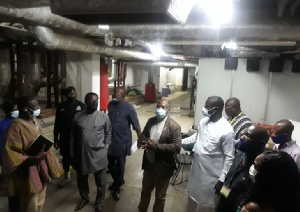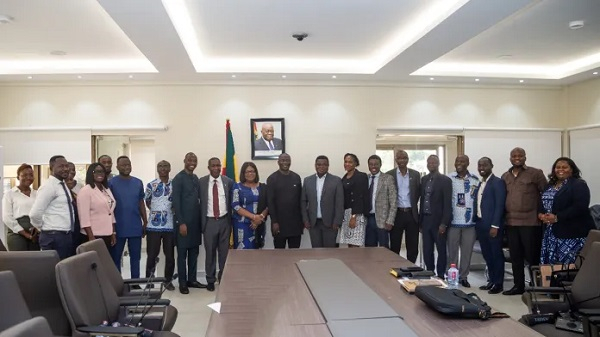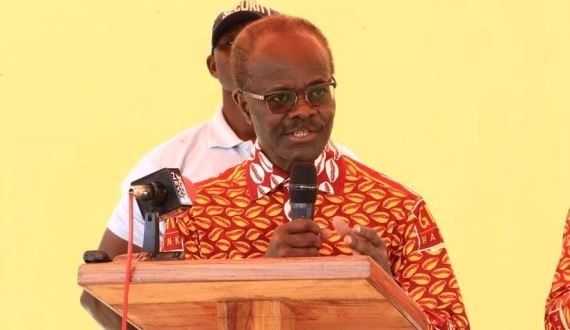Here are the two factors that will stabilise Naira to Dollar as analysts project new rate – report

The second half of this year is expected to see the naira exchange between N1,423.26 and N1,550, according to a research by United Capital titled Balancing Act: Nigeria’s Path to Stability.
Monday’s closing price in the Nigerian Autonomous Foreign Exchange Market (NAFEM) official window was N1,500.32/$, up 6.05% from the N1,570/$ it closed at on the parallel market.
According to the study that was made public, the naira will remain stable throughout the rest of the year thanks to a $750 million World Bank payment and local petrol supplies from the Dangote Refinery.
The Federal Government was recently awarded a $750 million loan by the World Bank to provide financial assistance to those who design and run solar mini-grids in areas of the nation without access to energy.
Approved under the Distributed Access through Renewable Energy Scale-up (DARES) project, the loan intends to enhance the amount of electricity supplied to homes and MSMEs (micro, small, and medium-sized companies) by means of distributed renewable energy initiatives led by the private sector.
The report also anticipated that the Dangote Oil Refinery and Petrochemicals company will start of producing Premium Motor Spirit (PMS), popularly known as petrol will strengthen the naira.
The Nation reported that the project is anticipated to use Africa’s plentiful crude oil resources to generate refined goods domestically, and the corporation also hopes to spark a positive cycle of industrial growth, employment creation, and economic prosperity.
While the firm hopes to spark a positive cycle of industrial development, job creation, and economic prosperity, the project is anticipated to utilize Africa’s enormous crude oil resources to make refined products locally.
Market sustainability depends on FX, oil production
The report said the sustainability of these measures’ hinges on improved capital inflows through improved crude oil production and enhanced export revenues replenishing foreign reserves.
“Should these vital inflows fail to materialize, the efficacy of CBN interventions may wane over time, leaving the naira vulnerable to further depreciation in the absence of robust external support,” it said.
In addition to the power subsidy, the Federal Government plans to provide performance-based grants to eligible mini-grid operators based on new customer connections for isolated mini-grids and a percentage of capital expenditures for interconnected mini-grid projects.
The grant will also cover standalone solar (SAS) systems for households, MSMEs, and agribusinesses, supporting the rapid deployment of SAS solutions in rural and underserved areas through supply- and demand-side support.
Source: www.legit.ng





